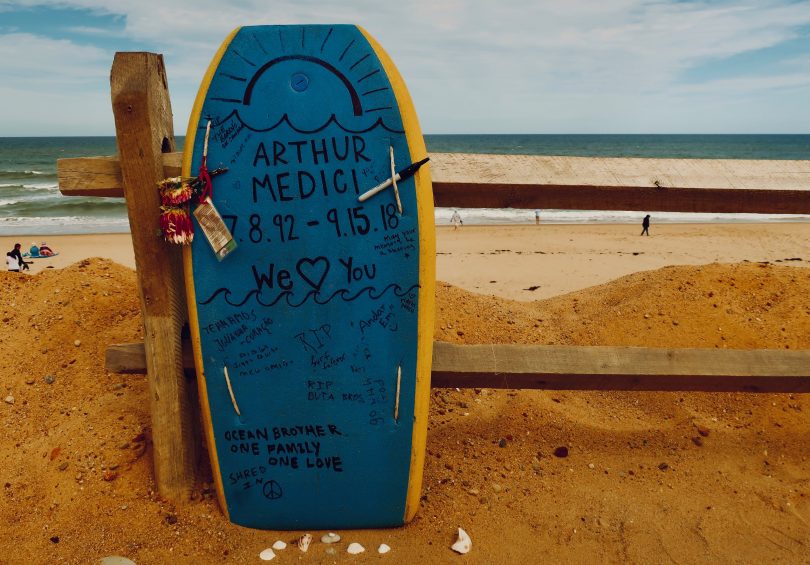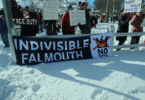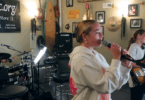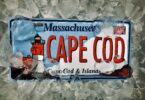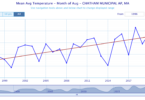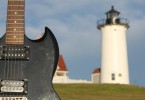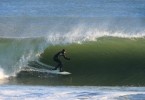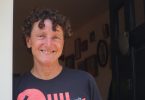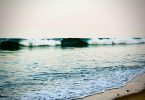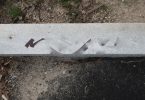CAPE COD – “Over the last couple of summers and falls, every single day if you are a member of the surfing community on Cape Cod, you hear about an incident,” said Brendan McCray, who has been surfing on the Cape since the early 1980s.
McCray, of Orleans, continued, “Whether it’s somebody saw a fin, somebody saw a breach, somebody got bumped… every single day there is a story of someone who had an encounter with a great white shark.”
McCray was one of seven longtime surfers Cape Cod Wave talked with who were deeply saddened but not surprised that there was recently a fatal shark attack on the Cape, the first in eighty years. It was the second attack on a human in one month.
“Every single day there is a story of someone who had an encounter with a great white shark.” – Brendan McCray of Orleans
On August 15, 61-year-old William Lytton of New York was bitten while swimming at Long Nook Beach in Truro. He survived. One month later, on September 15, 26-year-old Arthur Medici of Revere was boogie boarding at Newcomb Hollow Beach in Wellfleet when he was bitten. Medici died.
And while McCray and other surfers were not surprised that an attack occurred, the sad reality of what actually happened has some surfers rethinking when, where and if they will surf again on Cape Cod.

